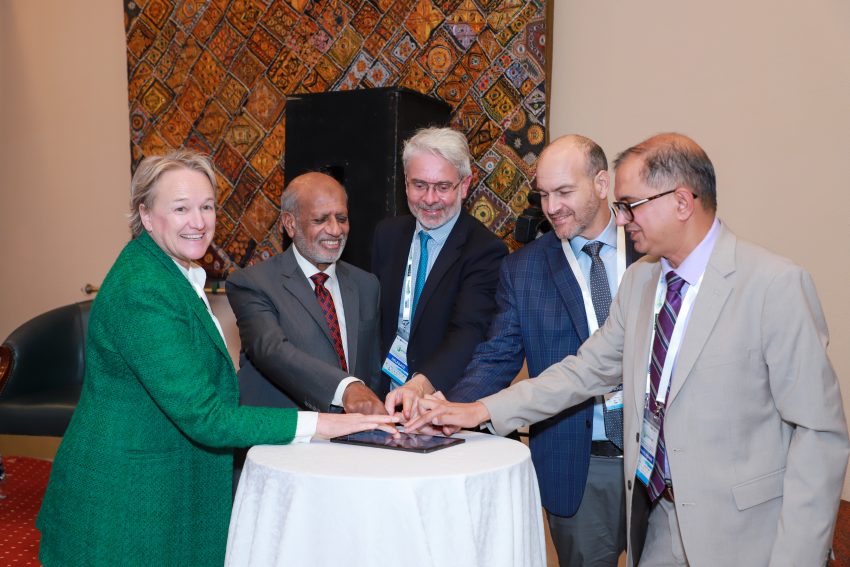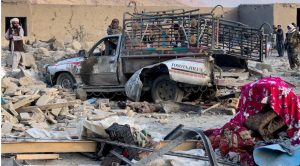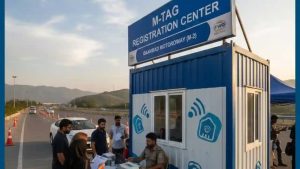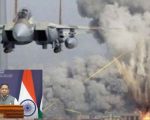ISLAMABAD – In a major move to strengthen Pakistan’s water governance, the International Water Management Institute (IWMI) and the University of Manchester have launched an AI-driven water allocation and planning tool for the Indus River Basin.
The announcement was made during a session on the Water-Energy-Food-Environment (WEFE) Nexus at Pakistan Water Week 2025.
Built on the open-source Pywr framework, the decision support system is designed to optimise management of the Indus Basin Irrigation System (IBIS) — the world’s largest contiguous irrigation network, serving more than 238 million people. With climate change, population growth, and rising agricultural and energy demands placing unprecedented strain on the system, experts say the tool offers a timely intervention.
Developed under CGIAR’s Policy Innovation Science Program, the model’s success is rooted in a “Community of Practice” (CoP) approach. IWMI brought together all key federal and provincial water institutions, including the Indus River System Authority (IRSA), WAPDA, and provincial Irrigation Departments, ensuring that the system reflects national priorities and remains transparent and consensus-driven.
“Technology alone cannot solve water challenges,” said Dr Mohsin Hafeez, IWMI’s Strategic Program Director, who moderated the session. “The tool’s true power comes from the ‘Community of Practice’ — a collaborative process that brought all agencies together to build a system everyone trusts.”
The platform enables water managers to test “what-if” scenarios and assess trade-offs between irrigation, hydropower, and environmental needs. It can evaluate downstream impacts of changing inflows, simulate diversions, and integrate energy calculations to give a comprehensive picture of the water-food-energy nexus.
A high-level panel formally launched the tool, featuring IWMI Deputy Director General Rachael McDonnell, Dr Mohsin Hafeez, IRSA Chairman Engr Amjad Saeed, ACIAR’s Dr Neil Lazarow, and Prof Julien Harou of the University of Manchester.
In his closing remarks, IRSA Chairman Engr Amjad Saeed endorsed the model as an important “confidence-building measure” and proposed integrating it — along with similar platforms — into IRSA’s national telemetry system, which is currently being deployed.













